
Happy Money
The Science of Happier Spending
ISBN: 9781451665079
Pages: 224
Recommendation
Having money won’t make you happier – but spending it might. The right spending habits can produce measurable changes in your physical and emotional well-being. Elizabeth Dunn, an associate professor of psychology, and Michael Norton, an associate professor of marketing, distill their findings in this field into the five principles of “smart spending.” Among their tips: Don’t buy stuff; buy experiences. You’ll get more happiness out of a trip overseas or a visit to a museum because you’ll connect with other people and accumulate memories. This quick, breezy book balances anecdotes and corny jokes with a broad survey of current economic research. getAbstract recommends its tales and advice to those seeking insight into the psychology of spending – your own and your customers’.
Summary
About the Authors
Elizabeth Dunn teaches psychology at the University of British Columbia. Michael Norton is on the marketing faculty at the Harvard Business School.








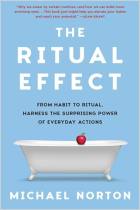

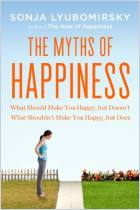
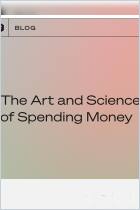

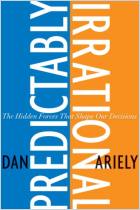
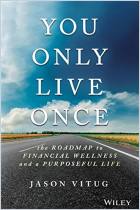





Comment on this summary or Comenzar discusión